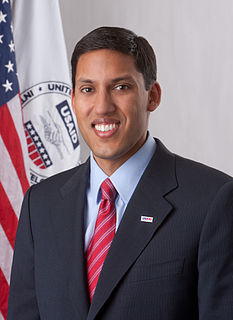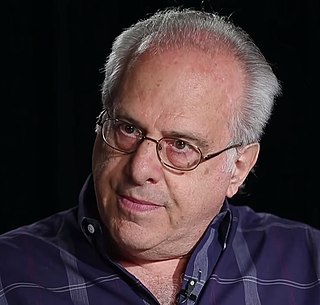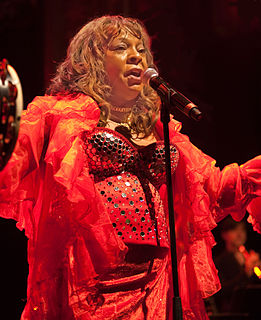A Quote by Caroline Lucas
Coronavirus has exposed for all what many of us already knew - some of our most important workers have barely enough to live on, and millions are condemned to financial insecurity, inequality and food poverty.
Related Quotes
Nothing would more quickly and definitively reduce U.S. income inequality than allowing every worker in all businesses to participate in deciding the range of incomes from one worker to another. They would never do what is now a matter of normality: give one person millions, in some cases billions, while others have barely enough to make a living.
Everything we knew condemned us, and our questioning condemned us most of all. Knowledge was the way of our people, and knowledge was dangerous. It was the first thing that freed you and the thing that put you in peril. It was the key to the ten gates. I saw them clearly now, each and every one, the gates that were there for me. Ashes, Bones, Grass, Heart, Stone, Love, Sorrow, Blood, Earth, Sky.
There are some people who say that they?re concerned only with poverty but not inequality. But I don?t think that is a sustainable thought. A lot of poverty is, in fact, inequality because of the connection between income and capability?having adequate resources to take part in the life of the community.
During the 1930s, some of the leading intellectuals in America condemned our economic system and pointed to the centrally planned Soviet economy as a model -- all this at a time when literally millions of people were starving to death in the Soviet Union, from a famine in a country with some of the richest farmland in Europe and historically a large exporter of food.
It is no exaggeration to say that rising inequality has driven many of the 99 percent into a financial ditch. It also helped spawn the housing bubble that gave us the financial crisis of 2008, the lingering effects of which have forced many OWS protesters to try to launch their careers in by far the most inhospitable labor market we've seen since the Great Depression. Even those recent graduates who manage to find jobs will suffer a lifelong penalty in reduced wages.
We must begin by acknowledging that there is a complete absence of two things in Indian Society. One of these is equality. On the social plane we have an India based on the principles of graded inequality, which means elevation for some and degradation for others. On the economic plane we have a society in which there are some who have immense wealth as against many who live in abject poverty.
My brethren, let me say, be like Christ at all times. Imitate him in "public." Most of us live in some sort of public capacity-many of us are called to work before our fellow-men every day. We are watched; our words are caught; our lives are examined-taken to pieces. The eagle-eyed, argus-eyed world observes everything we do, and sharp critics are upon us. Let us live the life of Christ in public. Let us take care that we exhibit our Master, and not ourselves-so that we can say, "It is no longer I that live, but Christ that lives in me."


































